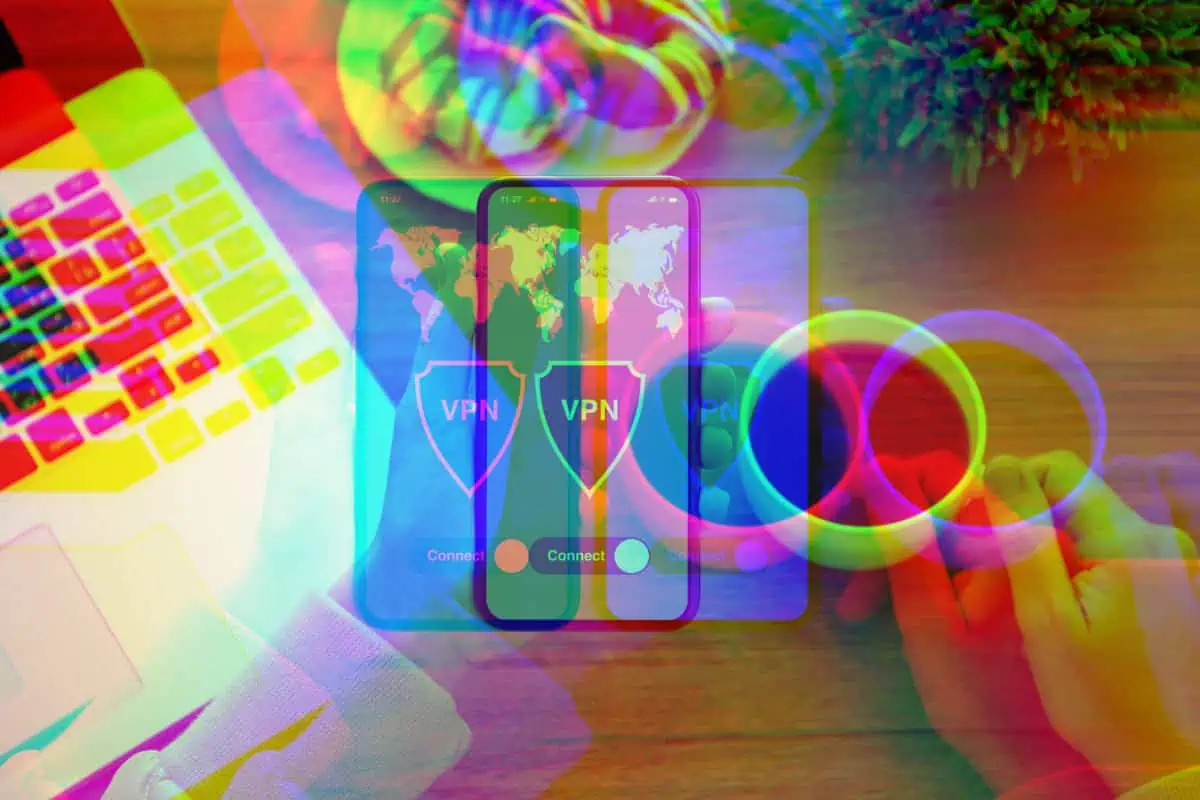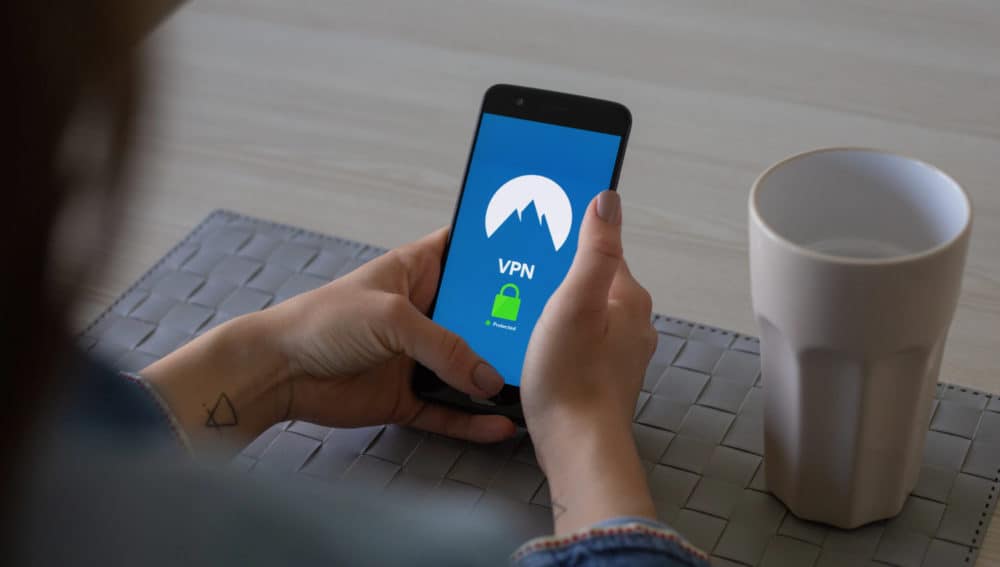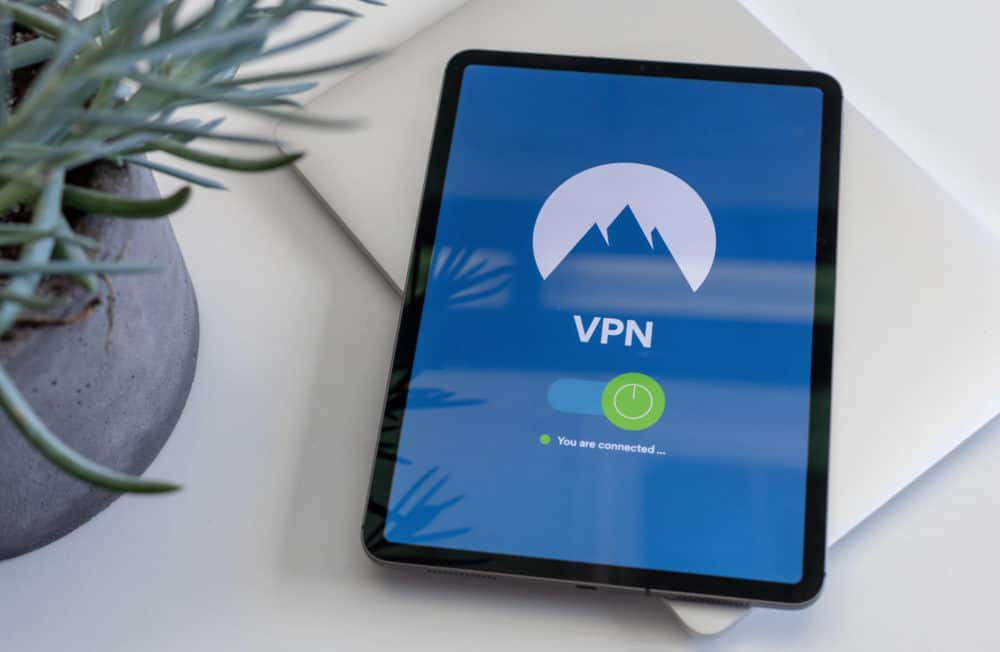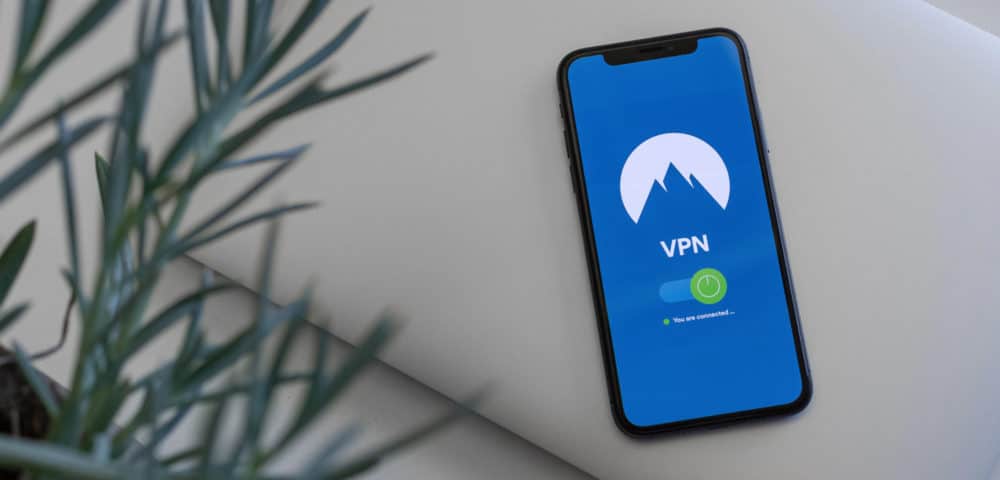You should be using a VPN on your phone and PC, but you definitely shouldn’t be using FREE VPNs. And this is why…
Key Takeaways
- IP Address Leaks: Free VPNs often have weak security, leading to potential leaks of your IP address and data. This makes your online activity vulnerable to outside parties, including hackers.
- Adverts: Free VPNs usually generate revenue through advertisements. These ads can be invasive and irrelevant, disrupting your online experience.
- Data Tracking and Selling: Unlike paid VPNs, many free VPNs track your data and sell it to the highest bidder. This is a direct violation of your privacy and defeats the purpose of using a VPN.
- Lack of Regulation: Free VPNs often operate outside the jurisdiction of Western governments, in countries with lax data protection laws. This allows them to harvest and sell your data without any legal repercussions.
- Potential Legal Risks: Some free VPNs, like Hola VPN, have been known to use users’ connections as endpoints, which could implicate you in illegal activities. Your IP address could end up in server logs of illegal servers, leading to potential legal issues.
- Conclusion: Free VPNs pose significant risks to your privacy and security. They often fail to provide the privacy they promise, and can even put you at risk of legal trouble. It’s recommended to avoid free VPNs and opt for reputable, paid VPN services instead. If you must use a free VPN, choose one from a company that prioritizes security.
Free is good. Sometimes. But when you’re talking about your private internet data, free is never good.
In fact, it’s downright scary once you know what’s going on behind the scenes at many popular “free” VPN providers.
This article is designed, not to scare you, but to make you aware of the risks associated with free VPNs and show you why, when it comes to using and understanding the role of VPNs, it pays to use premium services.
And it comes from experience too; I used to use free VPNs all the time.
Then, I attended a security conference in San Francisco and was basically “scared straight” by the nefarious nature of free VPNs.
Why Are Free VPNs Bad?

While the allure of free VPN services can be strong, they often come with significant drawbacks. Ever heard the phrase, “there’s no such thing as a free lunch?” Well, this applies DOUBLY to free VPNs.
Here’s just a few, key reasons why free VPNs can be a bad choice.
Lack of Adequate Security
The primary purpose of a VPN is to secure your internet connection, protecting your data from potential eavesdroppers. However, free VPNs often fall short in this area. They may use weaker encryption standards or have security flaws, leaving your data vulnerable. Some free VPNs have been found to contain malware, which can harm your device or steal your data.
Privacy Concerns
One of the main reasons people use a VPN is to enhance their online privacy. However, free VPNs often fail to deliver in this regard. Running a VPN service involves significant costs. If the service is free, the company must be making money in some other way. Often, this involves tracking your online activity and selling this information to advertisers or other third parties. This is a direct violation of the privacy you’re looking to protect by using a VPN.
Limited Data and Speed
Free VPNs often impose data limits and throttle internet speeds in an attempt to persuade users to upgrade to their paid plans. This can result in a poor user experience, with slow loading times and buffering issues. If you plan to use your VPN for data-intensive activities like streaming or downloading, a free VPN may not meet your needs.
Fewer Server Options
Paid VPNs typically offer a large number of servers in various locations around the world. This allows you to bypass geo-restrictions and ensures a fast and reliable connection. Free VPNs, on the other hand, usually have a limited number of servers. This not only restricts your ability to access content from different locations but can also lead to overcrowded servers and slower speeds.
Poor Customer Support
Free VPNs often lack the resources to provide the level of customer support found with paid services. If you encounter any issues or have questions, you may be left to figure things out on your own. With a paid VPN, you’re more likely to have access to 24/7 customer support via live chat or email.

#1) Your IP Address Could Be Leaked
When you use a proper VPN, you’re leveraging state of the art encryption tools and software.
That’s what you’re paying for. With a free VPN, the tunnel through which your data passes is not state-of-the-art.
In fact, it is likely full of holes, and this means your data and IP address can be leaked to snooping outside parties.
The entire point of using a VPN is for privacy and security, but if your VPN has holes in it – as the majority of free VPNs do – then your data is no more secure than if you weren’t using one at all.
Worse still, hackers can monitor and access free VPN traffic to exploit holes and access your private data.
#2) They Use YOU To Make Money on Adverts
Nothing in life is free.
You will always have to pay in some way. And online, free means adverts.
A free VPN needs to make money, and it has two ways of doing this: 1) adverts and 2) selling your data.
Neither is good, to be frank.
But, say you can live with a few adverts, this is how the internet works, after all.
How bad can it be, surely?
Free VPNs do adverts differently. They leverage ad networks that are unique to your proxy server location, so what you’re seeing isn’t even relevant.
And because free VPN services WANT to make money, the adverts are even more invasive than usual.
#3) They Will Track You And They Will Sell Your Data
Most paid VPN providers will not track or store your data – at least, the ones we recommend don’t.
This is kind of the entire point of a VPN – you can browse the web without being tracked and your data is secure.
However, with free VPNs, this is not the case.
Many free VPNs will not only track your data, but they will also actively sell it on to the highest bidder. A recent study by CSIRO that investigated over 283 free VPNs found that a whopping 75% of them actively tracked their users’ sessions.
Bottom line? If you’re using a free VPN, you might as well not be using one – the risks are far worse than browsing unprotected.
#4) There is ZERO Regulation on Free VPNs
Internet Service Providers (ISPs) are heavily regulated.
They’re held accountable to standards and can, in certain instances, track and record your internet activity.
They do this for security and also because they have to, thanks to the way governments work in the US, UK, and Europe.
However, most free VPNs get around this by locating themselves outside of the jurisdiction of governments in the west.
Places like China and Russia do not have the same standards for security and data protection as we do in the west.
This is why many free VPNs are located in China and Russia, so they can harvest your data, track it, and sell it on to ad networks and/or other nefarious entities.
Do not chance this happening to you, for the love of god – it really is not worth it!
#5) You Could Get Arrested For Something You Didn’t Do
Back in 2015, a huge story broke about Hola VPN turning its users’ connections into endpoints.
This was a HUGE scandal, as Hola was using your connection to increase its own bandwidth. Not only that, but Hola was also selling your endpoint too.
And this is not good, as your IP address will be contained in server logs…
And if your IP address is one server logs, and those servers are doing something illegal, guess who’s going to come knocking on your door?
That’s right, the bloody feds!
And you really don’t want to implicated in something scandalous, just because you didn’t want to pay for a legit VPN now, do you?
Are Free VPNs Safe? In A Word: NO…

These are my top five reasons why everybody should 100% avoid free VPNs.
The Hola VPN scandal alone should be enough to show you just what is possible when you use free VPNs.
Sadly, not enough people are aware of it, so free VPNs are still widely available online and inside the App Store and Google Play.
“Our analysis has also revealed an alarming 18% of VPN apps that implement tunneling technologies without encryption,” noted the CSIRO report, “as well as 84% and 66% of apps leaking IPv6 and DNS traffic. As a result, these apps do not protect user’s traffic against in-path agents performing online surveillance or user tracking.”
A Free VPN is No Better Than No VPN

What’s the bottom line here?
Simple: free VPNs are not only ineffective at what they’re designed to do (make your web activity private) but are also extremely dangerous from a security and privacy perspective (84% of them leak IP addresses).
This means you should never, ever use free VPNs, even if the company promises they’ll never track or use your data.
Remember: there is no regulation here, nothing to protect you. And any company can say anything they want online, no one’s going to stop them or make them prove it. You HAVE to be savvier.
But if you must use a free VPN, you’re best off going with a company that focuses on security and offers a free version of its VPN service – something like ProtonVPN, for instance.
Its free VPN is one of the most secure on the market, it just lacks much of the features you get with the paid version.
The Most Secure VPNs (Our #1 Picks)
| NAME | RATING | Best For… | BEST DEAL |
|---|---|---|---|
| NordVPN | ★★★★★ | Netflix, Torrents, Security, Speed | VIEW PLANS |
| ExpressVPN | ★★★★★ | Streaming, Fast Downloads, Ease of Use, P2P, Netflix | VIEW PLANS |
| PureVPN | ★★★★ | Value For Money | VIEW PLANS |
| SurfShark | ★★★ | P2P & Low Monthly Fee | VIEW PLANS |
That’s it for now if you’d like a more detailed overview of the VPNs listed in the above table, check out our Best VPN Guide.


